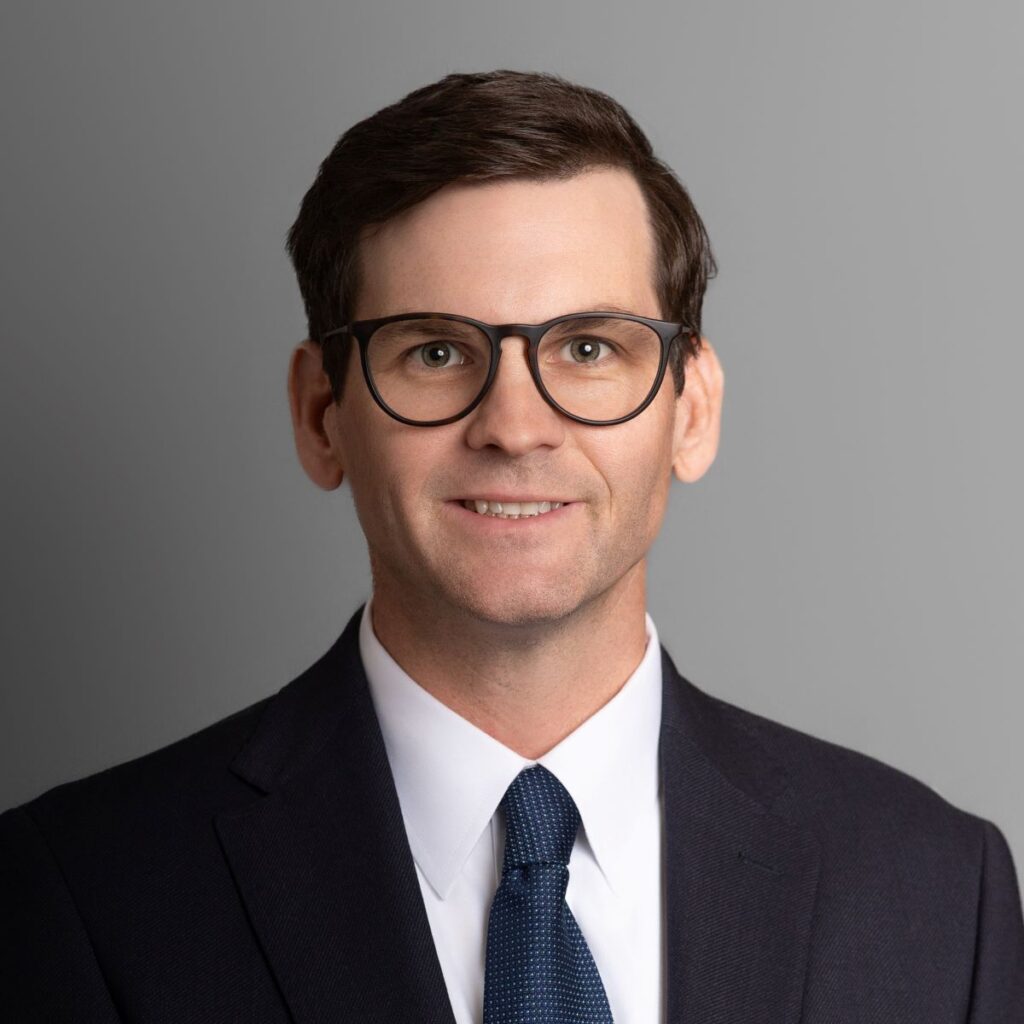Our Team
Your trusted 1031 exchange
qualified intermediary
When you need a qualified intermediary for your 1031 exchange, our team is here to help. With decades of combined experience, we can help you navigate the complexities of your 1031 exchange and save taxes.

Christopher D. Jones
President
chris@gp1031.com
(405) 674-1031
Chris was born in Edmond, Oklahoma, and received his accounting degree from Oklahoma State University. He is now an attorney in Amarillo, Texas, licensed to practice in Oklahoma and Texas. Since 2016, Chris has facilitated 1031 exchanges for families, investors, and individuals accross the United States. Chris is also a Fellow of the American College of Trust and Estate Counsel (ACTEC).

Blake Gerow
Vice President
blake@gp1031.com
(405) 674-1031
Blake is Sooner born and bred and lives in Tulsa, Oklahoma. He received his undergraduate degree from The University of Oklahoma and his Juris Doctor from the University of Tulsa College of Law. He has a diverse law background in oil and gas, renewable energy, complex commercial issues, and 1031 exchanges. He loves spending time with his wife and daughters cheering on various Oklahoma sports teams.

Beau A. Cross
Vice President
beau@gp1031.com
(405) 674-1031
Beau is an attorney in Amarillo, Texas, who is double board certified in Tax Law and Estate Planning & Probate. Beau has helped facilitate 1031 exchanges all over the United States.

Terry Pruiett
Treasurer
terry@gp1031.com
(405) 674-1031
Terry is a CPA who advises individuals and businesses on federal and state tax matters. Terry has counseled numerous families, real estate investors, and other clients on the use of a 1031 exchange.
Our role as a 1031 exchange qualified intermediary
We work closely with you and your advisors to complete a hassle-free exchange. While our team includes lawyers and CPAs, we only serve as your 1031 exchange qualified intermediary, which means we cannot and will not give you tax or legal advice. We strongly recommend consulting your tax and legal advisors to ensure your exchange qualifies as a like-kind exchange to defer capital gains tax.
What is a 1031 exchange?
A 1031 exchange allows landowners and real estate investors to defer capital gains taxes when real estate is sold and “exchanged” for new real estate. Exchanges are typically done by either 1) a simultaneous exchange or trade for other real estate with another party, or 2) selling property to one party and buying replacement property from another party. There are also complex exchanges such as reverse exchanges, construction exchange, and non-safe-harbor exchanges.
Unless the 1031 exchange is a simultaneous exchange, a qualified intermediary like Great Plains 1031 is required to facilitate the exchange.
How our
process works
Our goal is to make the 1031 exchange process simple and smooth. Whether you’re exchanging family-owned land or commercial properties, our team is here to walk you through each step and answer any questions along the way.
The process below applies to most standard exchanges, also known as forward exchanges. Others types of exchanges may require additional steps, but our team is always here to guide you through the process.
We’ll discuss the process, talk about your specific transactions, and answer any questions you have about a 1031 exchange.
When you’re ready to sell your property, our team sends instructions to the title company to make closing an easy process for you. Prior to (or at) closing, you will execute an exchange agreement that officially “hires” Great Plains 1031 as your qualified intermediary.
The closing of your sale will proceed mostly as normal, but all proceeds from the sale (after payment of any debts and expenses) will be placed into a 1031 account to be held until the acquisition of your replacement property.
After your property is sold, you have 45 days from the closing of that sale to identify replacement property to be purchased as part of the 1031 exchange. There are specific rules for how many properties can be identified, the type of property that can be identified, and who must receive the identification. Great Plains 1031 is here to work with you and your advisors to make sure your identification of replacement property is done correctly.
Replacement property must be purchased within 180 days from the closing of the sale of your relinquished property. Great Plains 1031 will provide closing instructions to the title company prior to closing. At closing, Great Plains 1031 will advance any 1031 proceeds being held, and the replacement property will be deeded directly to you.
After replacement property is acquired, the exchange must be reported by your accountant or CPA on your next income tax return. This is done by completing IRS Form 8824 and including it with your income tax return. This step is not completed by Great Plains 1031, but we are happy to help answer any questions that arise when the exchange is reported.
We’re here when
you need us
If you have questions about your 1031 exchange, our team is here to help in our local office. No 800 numbers or being passed around to a new person every time you call with a question or an update.
We value local relationships
When holding your funds between transactions, we keep your money in a local bank. We also have relationships with local lawyers, CPAs, real estate agents, and title companies to ensure a smooth process.
We’re flexible
and creative
As a small 1031 exchange company, we can leverage creative solutions in a way that many larger companies can’t. We’ve facilitated many complex 1031 exchanges, and our team is here to help with yours.
